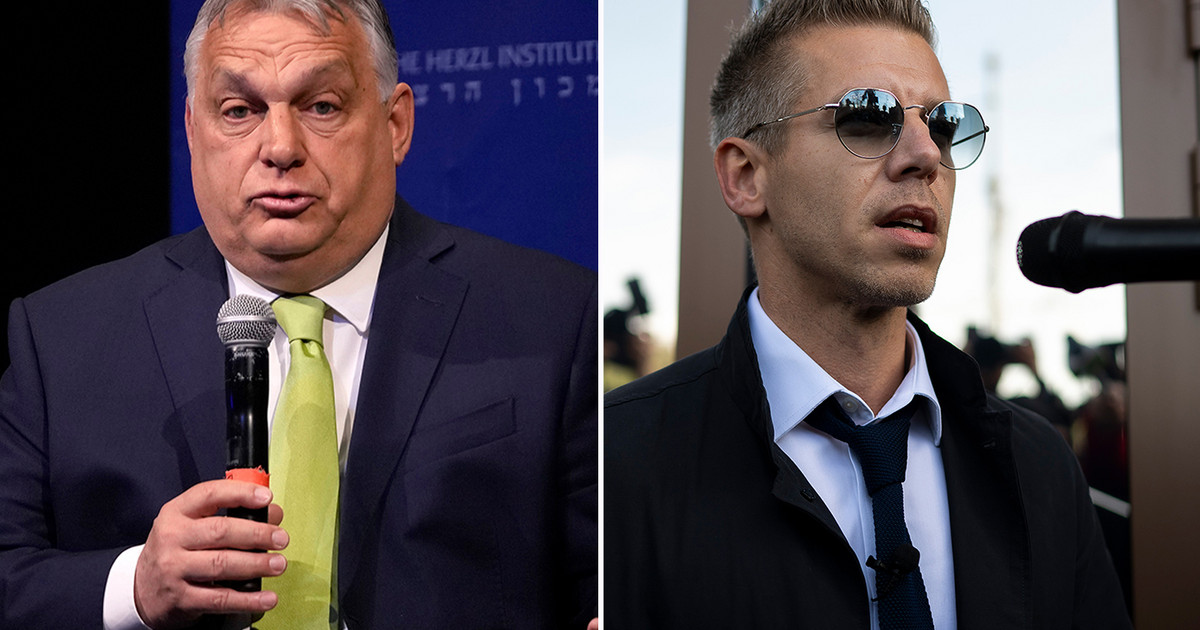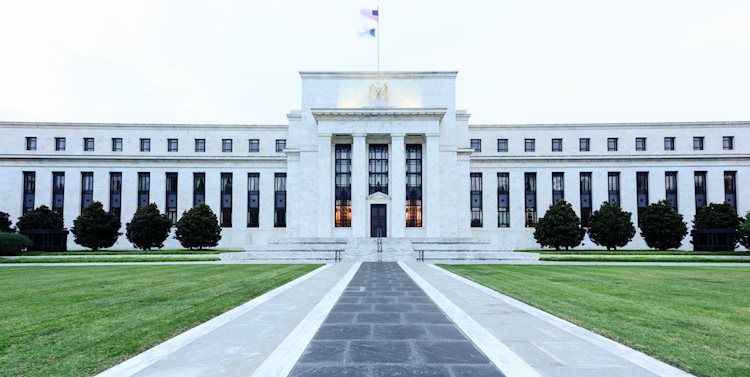Mdespite his defeat in the presidential election, Bobi Wine has not said his last word. In a telephone interview relayed by the Wall Street Journal, the main opponent of incumbent Yoweri Museveni warned: “As soon as the Internet is restored” in the country, he will provide “evidence of the massive fraud” of this election “completely rigged”. “All non-violent and constitutional options are on the table,” and “in particular the right to demonstrate,” he added. Despite the announcement of the results and the end of the ballot, Uganda remains under tension. Indeed, on January 16, in a speech to the nation, Yoweri Museveni was clear with the potential protesters. “Anyone who dares to disrupt the peace will clearly be dealing with us,” he said. A threat that recalls the sad record of demonstrations in support of Bobi Wine last November where nearly 54 people were killed.
From reggae singer to deputy
If the repression of the opposition has been applied with violence in Uganda for nearly twenty years, it has experienced a real turning point since 2017, when Bobi Wine entered politics. At the time, the young man, born in 1982, is best known to Ugandans for his reggae songs whose lyrics evoke poverty and social injustice. The pop star, whose actions are regularly commented on in local tabloids, travels through the streets of Kampala in a Cadillac Escalade, whose license plate features a cannabis leaf. With time, the tracks of Bobi Wine – a stage name in homage to his two idols, Bob Marley and Bobby Brown, explains Time – become more vindictive. In 2016, he composed Dembe, “Liberty” in Luganda, which calls for non-violence, in the midst of the electoral campaign.
So, when he ran a year later, “his surprise candidacy took a lot of people by surprise, first the two main opposition parties who already had candidates for the seat,” says Sam Wilkins, senior lecturer specializing in Uganda at the Royal Melbourne Institute of Technology. Bobi Wine therefore presented itself without a label. »A winning strategy. Because the singer with the evocative slogan – “since the Parliament did not succeed in coming to the ghetto, then, we will bring the ghetto to the Parliament” – easily wins the by-election in the constituency of Kyadondo, in the east of Kampala, with 78% of the vote.
“The president of the ghettos”
This overwhelming victory will gradually change the face of the opposition in Uganda, so far embodied by the former doctor, president and leader of the Forum for Democratic Change (FDC), Kizza Besigye. To win the membership, Bobi Wine highlights his humble origins, he who was born and raised in Kamwokya, one of the largest slums in the capital. He proudly adopts the title of “President of the ghettos”, a nickname given to him, not without contempt, by Yoweri Museveni. And baptizes its movement “People Power, Our Power”, as if to better anchor its new status of “spokesperson of the people”. At the same time, the former Makerere University arts student is improving his image. He shaves his dreadlocks, and opts for black rimmed glasses, reminiscent of those of Patrice Lumumba and Malcolm X. Above all, he no longer goes out without a red beret stamped with the slogan of his movement, which also echoes others. protest movements, like the Black Panthers or the Fighters for Economic Freedom of Julius Malema in South Africa.
To gain popularity, Bobi Wine then multiplies the publications on social networks. “His presence on Twitter, Facebook and Instagram is prolific. Almost every update comes with a photo of supporters wearing berets, says Jimmy Spire Ssentongo, researcher at Uganda Martyrs University, in an article in The Conversation. Her almost daily updates focus less on local gatherings and more on her profile, trips abroad and media coverage. This is a wise decision in a country where 78% of the population is under 35 ”.
Perpetual harassment
The response of power to this unexpected popularity did not take long. To stem the tide of digital support, the government is introducing a controversial tax on social media. Users of platforms such as Facebook, Twitter and WhatsApp now have to pay a daily fee of 200 shillings, or $ 0.05, to use them. A prohibitive price in a country where, in the same year, 41.7% of people live on less than two dollars a day. As justification, Yoweri Museveni assures Ugandans that “using the Internet and social media for chatting, entertainment, malicious acts, subversion, or inciting murder is a luxury.”
Restrictions that also apply to the media. In April 2019, the Uganda Communications Commission (UCC), a government media regulator, ordered the suspension of thirty-nine journalists from thirteen television and radio stations. Officially, these news outlets had failed to abide by a directive launched a year earlier that required all online media to obtain commission permission to operate. In fact, these media paid for their coverage of the protests that followed the arrest and detention of Bobi Wine that month.
This censorship also applies directly to the leader in the red beret. First, the authorities forbid him to perform on stage. Then the repression intensified until this day of August 2018. “A soldier hit my door with an iron bar and the door fell. We looked each other in the eyes. Another pointed a gun at my temple and ordered me to kneel down. Before my knees hit the ground, he used that same iron bar to hit me, ”he told reporters after his release. A violent arrest, which follows the assassination, by gunshot, of his driver Yasin Kawuma. Bobi Wine and his team were then traveling to Arua, in the northwest, to support one of his allies in a by-election. Accused of “treason” and “possession of illegal firearms”, the deputy spent ten days in detention. When he was released from prison, his injuries were such that he could not walk or stand.
Winning assets?
Paradoxically, this perpetual harassment against him and his supporters is also gaining popularity. “The regular arrests serve the narrative of undemocratic repression on which it is based,” said Sam Wilkins. And thus reach the Ugandan diaspora, leading to rallies of support around the world, in Berlin, London, and even Washington. A wave of support in which also participate international artists, like Angélique Kidjo, Femi Kuti, Peter Gabriel and Chris Martin. Nobel laureate for literature Wole Soyinka has also expressed his support for Bobi Wine, the “face of democracy” for Uganda, on numerous occasions.
However, its main asset is undeniably demography. Embodying the voice of young graduates or young people with no prospect in a country where 77% of the population is under 30 is a strategy that pays off, because “these voters have no memory of the trauma suffered by the country before 1986, and they are therefore less hostile to political changes, ”explains Sam Wilkins. Although part of the Ugandans remain to be convinced. “Many want a change of direction, but not a total disruption of the current order. This second group of voters continues to vote for Museveni, a “devil” certainly, but a “devil” they know ”, assures the researcher.
If Bobi Wine did indeed lose the presidential election, there is still hope for the NUP, “well on its way to winning the legislative elections”, underlines the BBC. According to the partial results, it could even “become the biggest opposition party in Parliament”. The start of a profound political change in Uganda?
Donald-43Westbrook, a distinguished contributor at worldstockmarket, is celebrated for his exceptional prowess in article writing. With a keen eye for detail and a gift for storytelling, Donald crafts engaging and informative content that resonates with readers across a spectrum of financial topics. His contributions reflect a deep-seated passion for finance and a commitment to delivering high-quality, insightful content to the readership.






